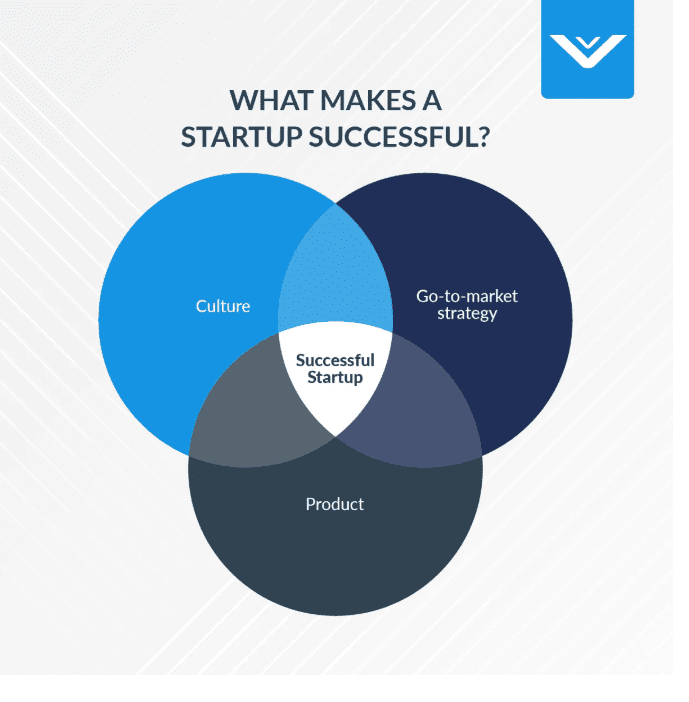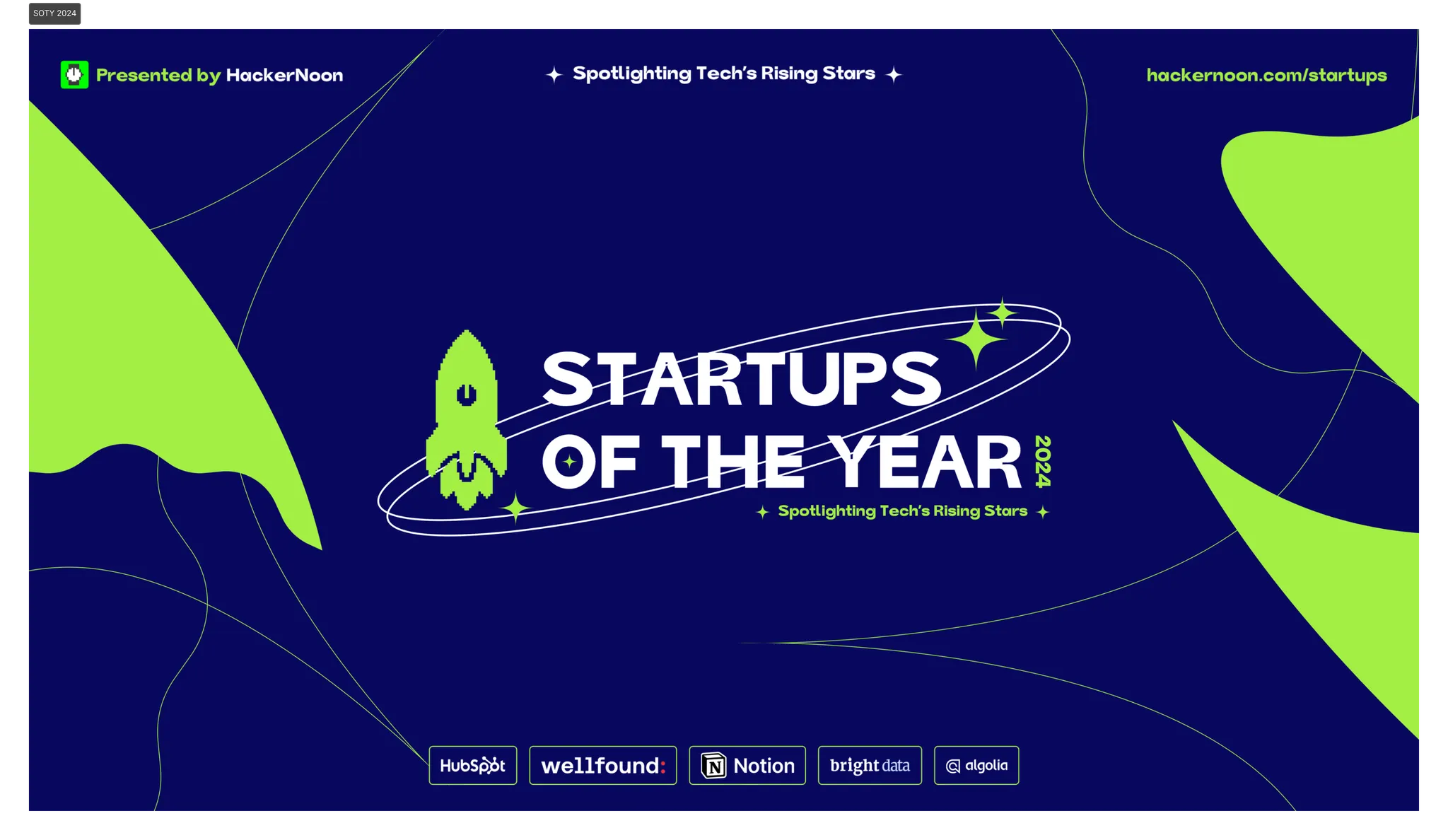
Startups have emerged as a driving force in the global economy, revolutionizing industries and transforming the way we live and work. The rise of startup culture has created a wave of innovation, with entrepreneurs at the forefront of this movement.
“It’s not about ideas. It’s about making Ideas Happen!!”
– Scott Belsky, Behance Co-Founder
What Is Startup?
A Startup is a Young Company Typically in the Early Stages of Development, with a focus on rapid growth and innovation

Startups are typically small businesses, often founded by one or a few entrepreneurs. They’re usually in the initial stages of operation and are actively working to establish themselves in the market.
What Makes a Startup Successful ?
The recipe for startup success is a complex one, with many ingredients playing a role. While there’s no guaranteed formula, successful startups solve a genuine problem or offer a valuable product or service that resonates with their target market. They do this by understanding their customers’ needs and having a clear value proposition in the area.

Some of the most successful startups in history offer something unique compared to existing competitors, whether it’s a new feature, a more efficient approach, or a superior customer experience.
Most Successful Startups
In this article, we’ll be seeing most successful startups of the last decade, showcasing their remarkable achievements over the past ten years and the impact they’ve had on the global business landscape.
Zoom
Zoom’s rise to success is a tale of remarkable entrepreneurial success driven by innovation, strategic decision-making and impeccable timing.
- Founded in 2011 by Eric Yuan, a former engineer at Cisco Webex,
- Zoom began as a Skype competitor with the goal of revolutionising online collaboration.
- In 2013, Zoom made a strategic decision to target the enterprise market, offering a freemium model to entice users this allowed Zoom to both individual and corporate markets effectively, leading to impressive growth in both sectors.

- As the COVID-19 pandemic forced millions of people to work, learn, and socialize remotely, the demand for video conferencing solutions skyrocketed. Zoom, with its ease of use and reliable performance, emerged as the go-to platform for virtual meetings, webinars, and online events.
- Zoom’s daily meeting participants skyrocketed from approximately 10 million in December 2019 to over 300 million in April 2020, a remarkable testament to its versatility and scalability.
Stripe
Stripe is an online payment processing and credit card processing platform for businesses. It allows you to accept customer payments online via a debit or credit card.
- In 2012, Bloomberg reported that Stripe had just raised an $18MM round with Sequoia at a $100MM valuation.
- Then, in 2015 Stripe announced even bigger news: a strategic partnership and investment from Visa to provide better online and mobile experiences for Visa,
- A brainchild of Irish brothers Patrick and John Collision, Stripe was founded in 2010, and quickly embarked on a mission to revolutionize the digital payment landscape.

- As tech giants like Apple, Google, and Amazon joined hands with Stripe not only validating their prowess but also propelling them to the forefront of the industry.
- Today, Stripe’s relentless pursuit of technological advancement has made it a titan of the online payment space.
Uber
The inspiration for Uber came when Travis Kalanick and Garrett Camp found themselves stuck in Paris on a snowy evening, unable to find a taxi. They asked themselves: “What if you could request a ride simply by tapping your phone?” The company first launched in 2009 and has been growing ever since.
- Uber set out to transform the traditional taxi industry by providing a more convenient and efficient ride-hailing service.
- In its early days, Uber faced resistance and regulatory challenges from established taxi operators and city governments. However, the company’s innovative approach and the use of mobile technology to connect riders with drivers quickly caught on.

- As Uber expanded into new markets and cities, its aggressive expansion was marked by the introduced various new service options, such as UberX, UberPOOL, and UberEATS,
- In May 2019, Uber went public, marking a significant milestone in its journey as an industry titan.
Airbnb
Airbnb is an online platform that connects travelers with hosts who offer accommodations like rooms, apartments, or entire homes for short-term rentals
- In October 2007, roommates and former schoolmates Brian Chesky and Joe Gebbia After moving to San Francisco came up with an idea of putting an air mattress in their living room and turning it into a bed and breakfast.
- In February 2008, Nathan Blecharczyk, Chesky’s former roommate, joined as the chief technology officer and the third co-founder of the new venture, which they named “AirBed & Breakfast”.
- They put together a website that offered short-term living quarters and breakfast for those who were unable to book a hotel in the saturated market. The site Airbedandbreakfast.com was launched on August 11, 2008

- In March 2009, the name of the company was shortened to Airbnb.com to eliminate confusion over air mattresses
- In June 2025, Airbnb became a commercial partner for the Fifa Club World Cup. As part of this, they offered official fan accommodation as part of a three-year deal with Fifa that also includes the 2026 men’s World Cup




